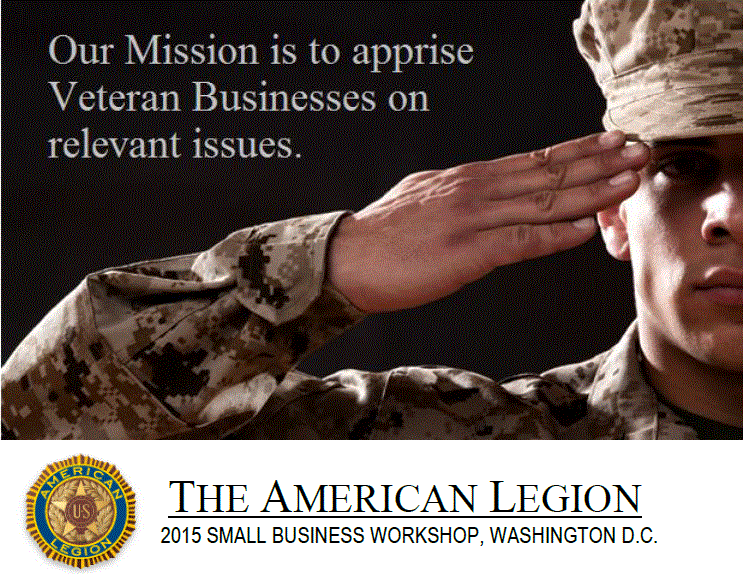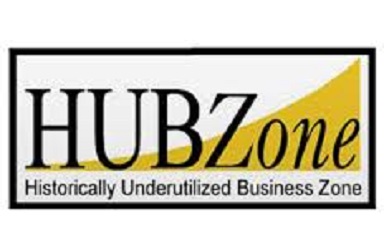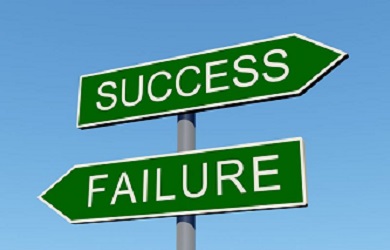VAMBOA: What Boots to Business Does for Veterans
By Debbie Gregory.
It is expected that over the next three to five years, more than 250, 000 service members are expected to separate from the service each year. These Veterans will face stiff competition in the job market, as well as a consistently higher unemployment rate than their non-veteran peers. With unique work and leadership experiences and a tradition of hard work and resiliency, these Veterans will look for alternative options to provide for their families. Economists contend that self-employment will help stimulate our struggling economy. With an abundance of opportunities provided to them by federal, state and local programs, combined with the desire to work for themselves after their service, many Veterans will seek out entrepreneurial ventures. For these Veteran Entrepreneurs to be successful, in addition to the leadership skills and drive that they developed in the military, they will need to acquire the knowledge necessary to run a business. One of the most effective programs for Veterans launching their own businesses is the Boots to Business program. Boots to Business is an entrepreneurial education program offered by the U.S. Small Business Administration (SBA). This program is an elective track within the Defense Department’s revised Transition Assistance Program called Transition Goals, Plans, Success (Transition GPS). The course is offered in three parts. The first part, the Entrepreneurship Track Overview, is an introductory video shown during the mandatory five day Transition GPS course. The second part is a two day classroom course called Introduction to Entrepreneurship. The third part is an eight week instructor led, online course called Foundations of Entrepreneurship. This section offers detailed instruction on the elements of a business plan, and tips and techniques for starting a business.
The Boots to Business curriculum provides indispensable knowledge to transitioning service members who are interested in exploring self-employment opportunities. The program guides soon-to-be Veteran Entrepreneurs through the stages of business ownership, including evaluating business concepts and developing a business plan. Participants in the Boots to Business program are also introduced to the SBA resources that they can use to access startup capital and much more.
Having a sound business plan is critical to getting the startup capital and other lending approved. The Boots to Business program will help Veteran entrepreneurs develop and implement a business plan that will raise their chances of obtaining the funding to get their businesses off the ground.
The best part of the Boots to Business program is that it is available free of charge at participating military installations to service members who are retiring or otherwise transitioning from the service, as well as their spouses.
The Veteran and Military Business Owners Association (VAMBOA) is a non-profit business trade association that promotes and assists Veteran Business Owners, Service Disabled Veteran Owned Businesses (SDVOB) and Military Business Owners. Small businesses are the backbone of our economy and responsible for job generation. That is why VAMBOA provides its members with Business Coaching, Contracting Opportunities, a Blog that provides information, Networking contacts and other resources. Membership is FREE to Veterans. Join Now!
VAMBOA: What Boots to Business Does for Veterans: By Debbie Gregory












